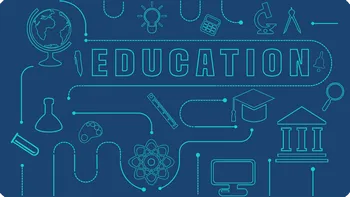In many countries,
graduate students and
Ph.D. candidates must
publish their work in
English-language journals to meet degree requirements or advance their careers. For instance, in
Vietnam, in order to receive a
Ph.D., doctoral candidates must publish at least one paper in a
Web of Science (WoS) or
Scopus-indexed journal or two articles in any journal with an
ISSN. While some countries may not have official publication requirements, the drive to contribute to
global academia encourages scholars worldwide to share their insights through international journal publications. Many researchers face language barriers that necessitate translation support to convey their findings effectively. Engaging in the translation of research articles, however, is a formidable task that goes beyond mere language proficiency.
Translating
research articles entails a multifaceted expertise that extends beyond language skills. It demands a
comprehensive understanding of the intricate nuances of
research methodologies. Different disciplines employ distinct methodologies that contribute to the articulation of findings. For instance,
quantitative research methodologies involving
statistical analyses require a precise translation of not only the content but also the mathematical framework.
Qualitative studies, on the other hand, demand an acute sensitivity to the
cultural and
contextual intricacies that shape the interpretation of data.
Subject knowledge forms the cornerstone of successful translation in academic publishing. A profound grasp of the field’s
terminology, theories, and concepts is essential to ensure that the translated article accurately reflects the original research. Translators must navigate the intricate labyrinth of
specialized vocabulary, ensuring that the scholarly discourse remains coherent and preserves the integrity of the research.
In essence, the translation of research articles represents a delicate combination of
language proficiency,
research methodology acumen, and
subject expertise. Meeting these multifaceted demands poses ongoing difficulties for translators working to make such scholarly contributions accessible globally.
High-quality translation serves to accelerate
knowledge exchange and strengthen
international research collaboration in the education sector.







